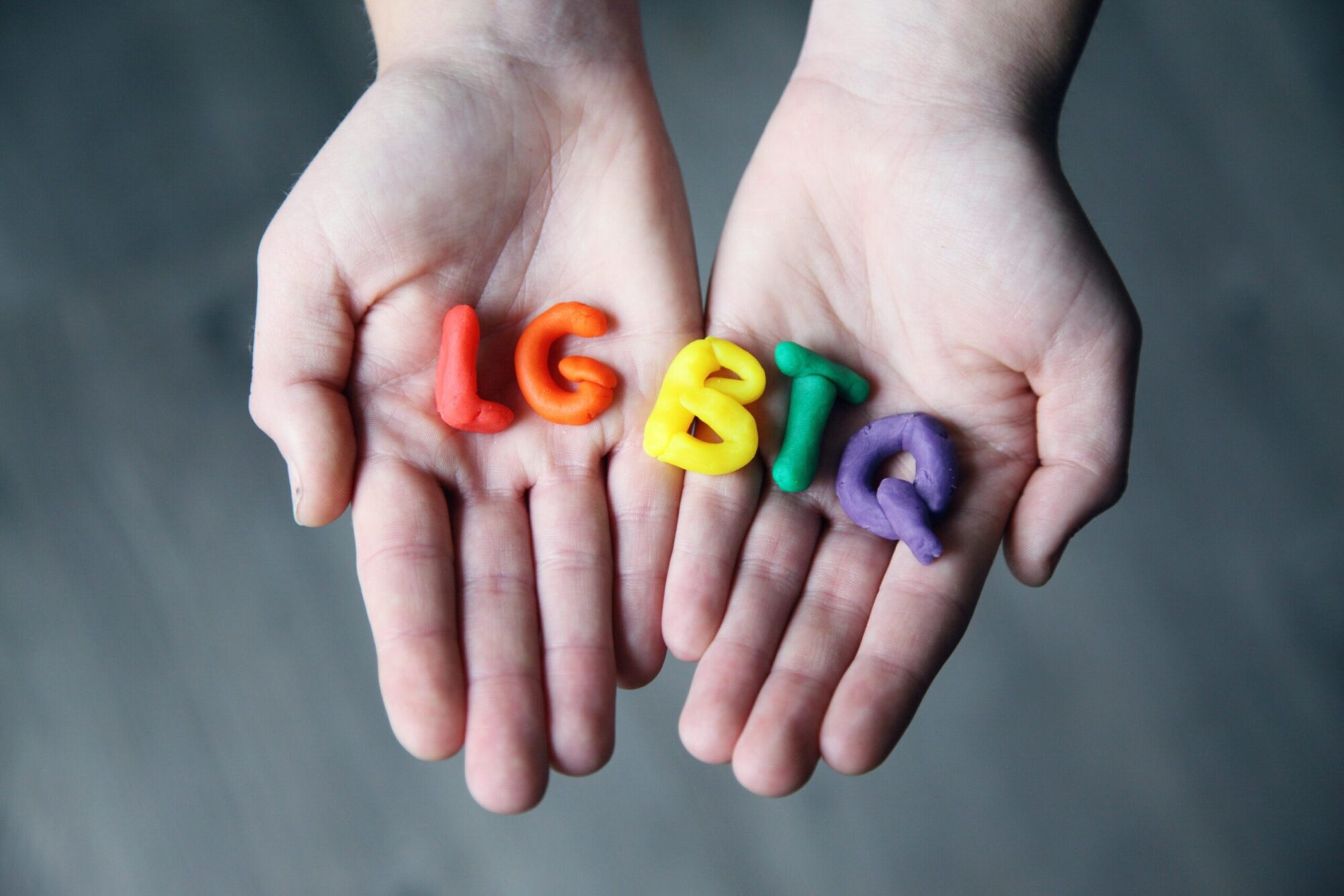Embarking on a journey towards mental wellness takes courage, and finding the right therapist who understands and affirms your identity is essential. For individuals within the LGBTQ+ community, navigating societal stigmas, discrimination, and personal identity can pose unique challenges to emotional wellbeing. LGBTQ+ affirming therapy offers individuals a therapeutic environment characterised by empathy, understanding, and validation. This approach acknowledges the societal barriers and systemic inequalities that LGBTQ+ individuals often face, providing a safe space where clients can freely explore their emotions, identities, and goals without fear of judgment or discrimination.
Challenges Faced by the LGBTQ+ Community:
Members of the LGBTQ+ community encounter a myriad of challenges that can impact their emotional wellbeing, including:
Internalised stigma: Many LGBTQ+ individuals may grapple with internalised homophobia, biphobia or transphobia. This can lead to developing negative beliefs about their own identities, contributing to feelings of shame, guilt, and self-hatred. Therapy can provide a safe space for exploring and challenging these internalised messages, fostering self-acceptance and self-compassion.
Coming out stress: The process of coming out can be a significant life event accompanied by fear of rejection, loss of support, and uncertainty about one’s identity. Therapy can offer support and guidance throughout the coming out process, helping clients navigate difficult conversations with family, friends, and colleagues while building coping skills to manage stress and anxiety.
Identity exploration and gender dysphoria: Gender identity exploration can be a complex and deeply personal journey, particularly for transgender and non-binary individuals. Therapy can provide a supportive environment for exploring gender identity.
Family and relationship issues: LGBTQ+ individuals may face challenges within their families of origin, such as rejection, lack of acceptance, or strained relationships. Therapy can help clients navigate these family dynamics, set boundaries, and build supportive networks of chosen family and friends. Additionally, therapy can address relationship issues, including communication difficulties, intimacy concerns, and conflict resolution within romantic partnerships.
Mental health issues: LGBTQ+ individuals are at a higher risk for mental health disorders, including depression, anxiety, substance abuse, and self-harm, due to minority stress and experiences of discrimination. Therapy can provide evidence-based interventions, such as Cognitive Behavioural Therapy (CBT), Acceptance and Commitment Therapy (ACT), Schema Therapy or Dialectical Behaviour Therapy (DBT), to address symptoms, build coping skills, and improve overall wellbeing.
Isolation and loneliness: LGBTQ+ individuals may experience social isolation and loneliness due to lack of support networks, discrimination, and stigma. Therapy can offer a sense of connection and belonging, providing a space for clients to share their experiences, build community, and cultivate meaningful relationships both within and outside of therapy.
Intersectional experiences: LGBTQ+ individuals who belong to marginalised racial, ethnic, or cultural groups may face additional challenges related to intersectionality. Therapy can help clients explore the intersectional aspects of their identities, validate their experiences, and develop strategies for navigating multiple forms of discrimination and marginalisation.
What is LGBTQ+ affirming therapy?
LGBTQ+ affirming therapy is an approach to mental health care that specifically acknowledges, validates, and supports the identities and experiences of LGBTQ+ individuals. It is grounded in the understanding that LGBTQ+ individuals face unique challenges related to their sexual orientation, gender identity, and expression, including discrimination, stigma, and social rejection.
Key principles of LGBTQ+ affirming therapy include:
Creating a safe and supportive environment: Affirming therapists prioritise creating a safe, nonjudgmental space where LGBTQ+ clients can explore their thoughts, feelings, and experiences without fear of discrimination or rejection.
Validating identity and experience: Affirming therapists validate and affirm the diverse identities and experiences of LGBTQ+ clients, recognising that their identities are valid and deserving of respect.
Understanding the impact of minority stress: LGBTQ+ affirming therapy acknowledges the impact of minority stress – the stress resulting from experiences of discrimination, prejudice, and social stigma – on mental health and wellbeing. Therapists work to address these stressors and build coping skills to navigate them effectively.
Tailoring therapy to individual needs: Affirming therapy is flexible and tailored to meet the individual needs of each LGBTQ+ client. Therapists may use a variety of therapeutic modalities and techniques, adapting their approach based on the client’s goals and preferences.
Cultivating self-acceptance and resilience: LGBTQ+ affirming therapy operates from a strengths-based perspective, recognising the resilience, courage, and authenticity inherent within each individual. By fostering a sense of empowerment and self-acceptance, therapists empower clients to navigate life’s complexities with confidence and resilience.
Advocating for social justice and equality: Affirming therapists recognise the broader societal factors that contribute to mental health disparities among LGBTQ+ individuals and may engage in advocacy efforts to promote social justice, equality, and LGBTQ+ rights.
Overall, LGBTQ+ affirming therapy seeks to empower LGBTQ+ individuals to live authentically, navigate challenges, and cultivate resilience and well-being in a world that may not always affirm their identities. It is a compassionate and empowering approach to mental health care that honours the inherent dignity and worth of every LGBTQ+ individual.
At MyLife Psychologists we believe everyone deserves access to mental health care that respects and affirms their identity. If you’re part of the LGBTQ+ community and you’re struggling, please reach out. Our highly trained psychologists and clinical psychologists are here to support you on your journey towards mental wellness.
Other useful resources:
The Gender Centre: information and support to trans and gender diverse people in NSW
Twenty10: information and support for LGBTQ+ young people in Australia
Q Life: anonymous and free LGBTQ+ peer support and referral service for people in Australia






